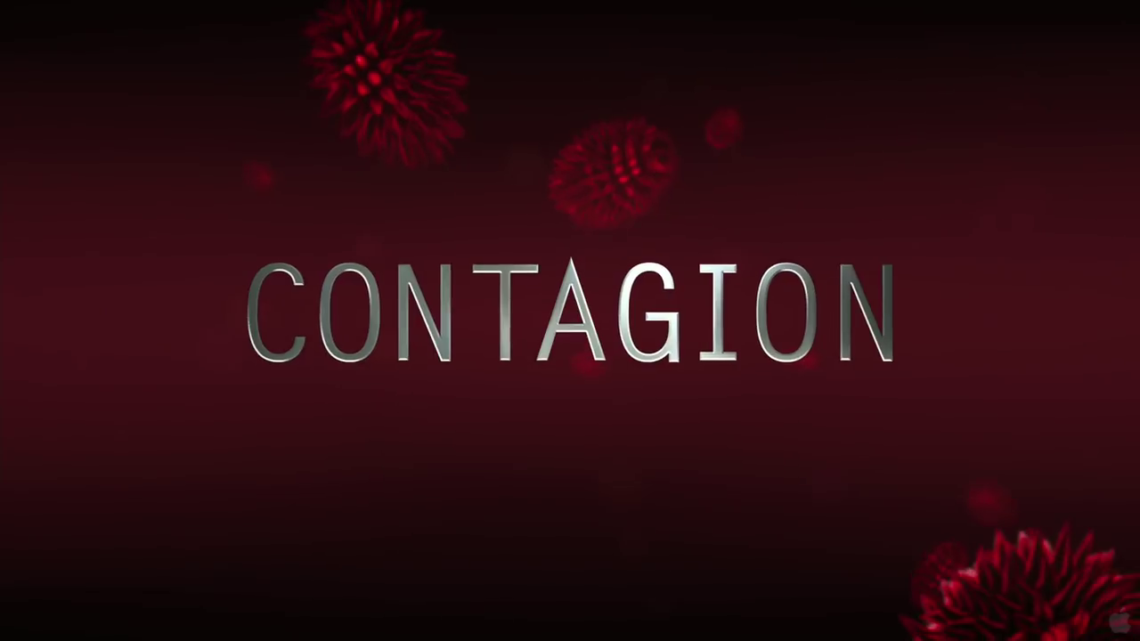-
#595 – Contagion (2011)

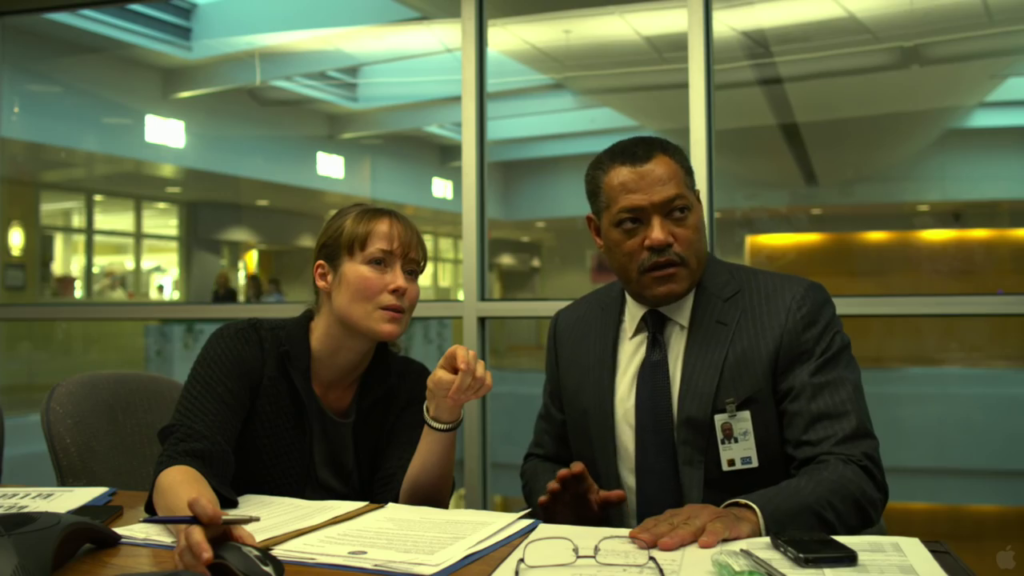
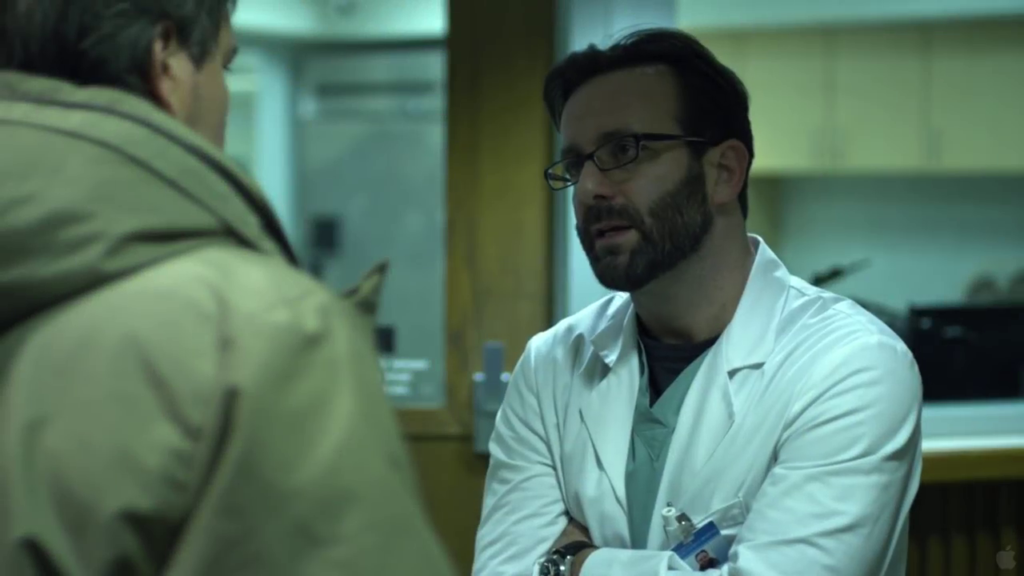
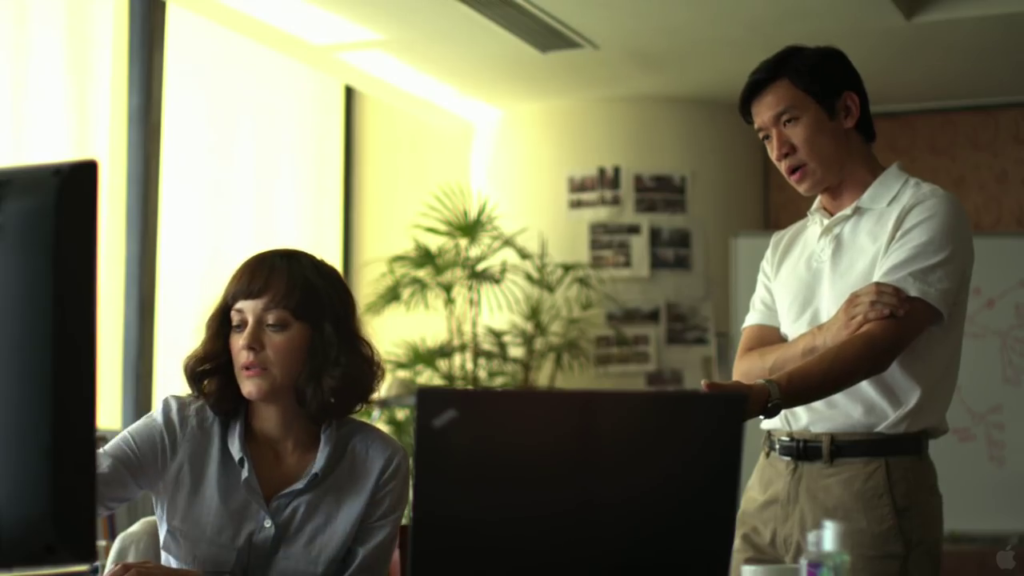
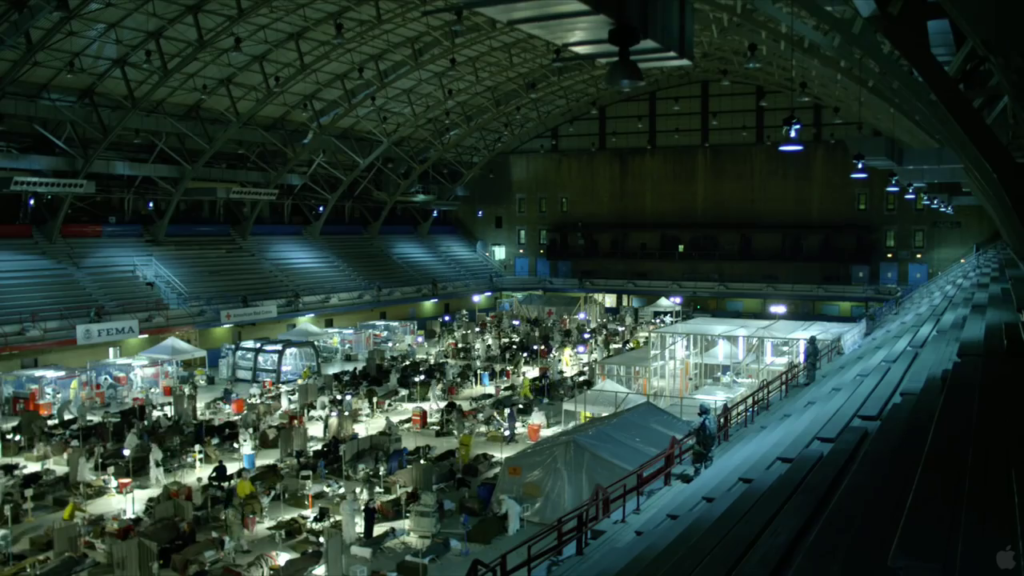
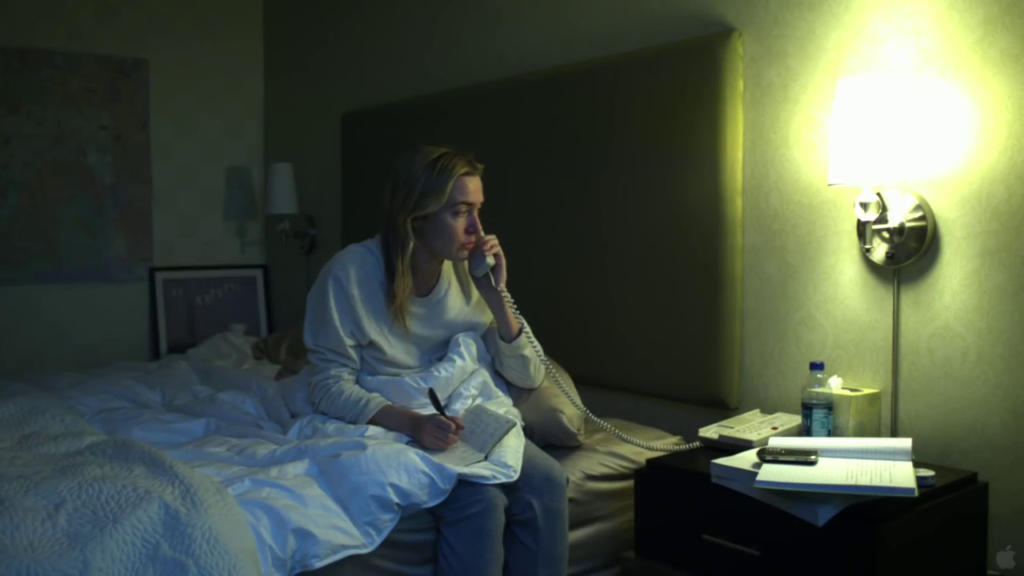

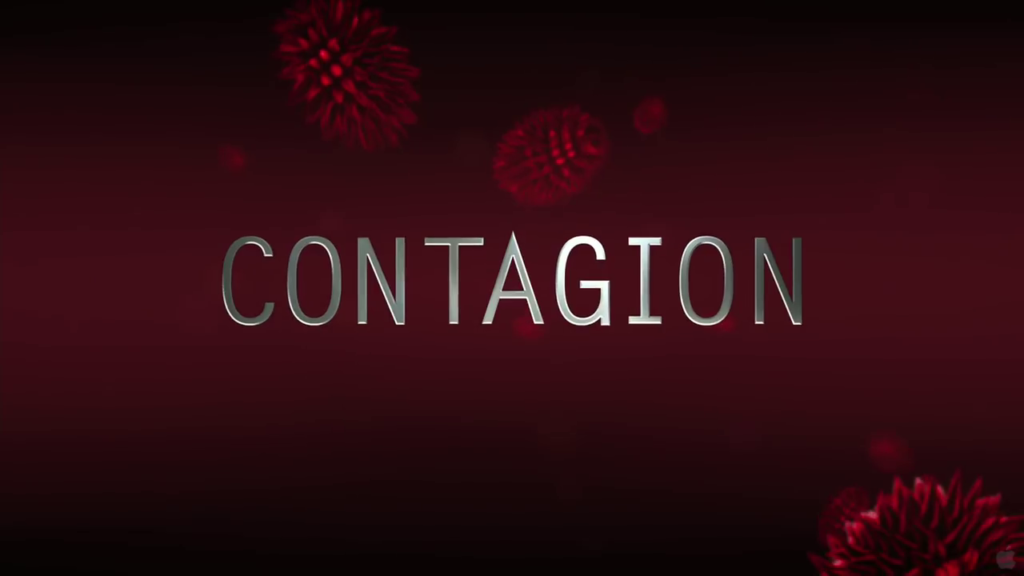
Contagion (2011)
Film review #595
Director: Steven Soderbergh
SYNOPSIS: A new virus originating in China quickly spreads around the world, leading to mass death and panic. As scientists struggle to develop a vaccine, the breakdown of social order and the rise of conspiracy theorists sets in, and the virus quickly spreads out of control…
THOUGHTS/ANALYSIS: Contagion is a 2011 science disaster film about a global pandemic, and the race to find a vaccine. Starting off in Hong Kong, the film tracks a number of characters as a mysterious virus infects and kills people around the world, resulting in a global pandemic. The core of the film follows the impact of the virus on the world’s population, but mostly on the scientists who are trying to develop a vaccine. We get a good look at a variety of perspectives in the film, although none really become the central focal point; as mentioned, each character offers their own perspective, without one taking precedence over the others. That said, there does feel like a bit of an imbalance, and some of the stories seem to be missing some scenes that would round off their particular narrative. Also, the film is very U.S. centric for a global pandemic, and we never get a sense of what is happening in other parts of the world other than the U.S. and China. On the whole though, the story is very tightly packed with different perspectives, and obviously the central plot point is the virus, not the personalities, so this narrative technique fits the film well.
I suppose it’s impossible to look back at this 2011 film now without comparing it in some way to the Covid-19 pandemic. There are a lot of similarities in the film: from the origins of the virus, a race for a vaccine, whining conspiracy theorists, social distancing, and the rate of reproduction. It’s perhaps easy to call it prophetic, but it’s actually a credit to the film’s attempt to create a ‘realistic’ scenario, and the amount of research undertaken by the director, working with real scientists to understand what they would do in the vent of a pandemic. So the film isn’t really prophetic, it’s just good research. However, it’s difficult to view the film as a “what-if” scenario when a lot of it became reality, and you’ll probably be constantly comparing it to what actually happened near ten years later. Whether this is to the film’s acclaim or detriment is up for debate. It should be noted that the ensemble cast do give a strong performance, so that’s something that allows the film to stand on it’s own. Overall, Contagion does what it sets out to do with researched precision that brings a speculative scenario to life. However, because of this, it’s proximity to actual events nearly a decade later might be a bit distracting.
-
#594 – Heart of a Dog (1976)
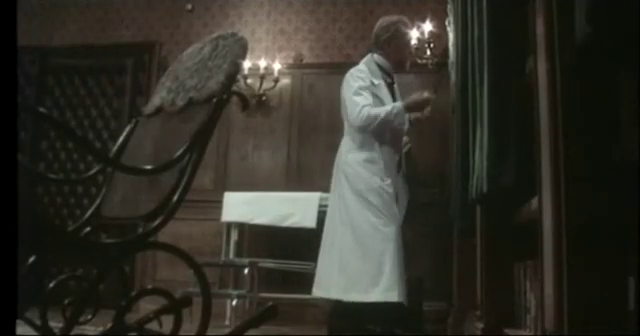
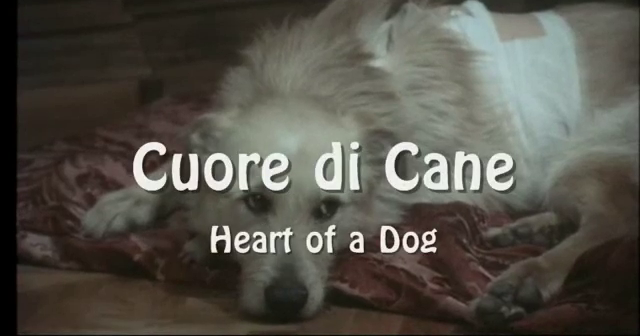
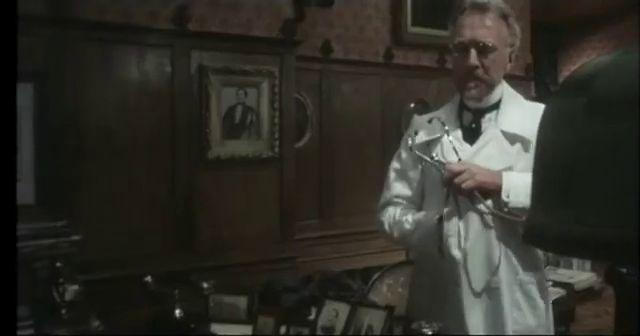
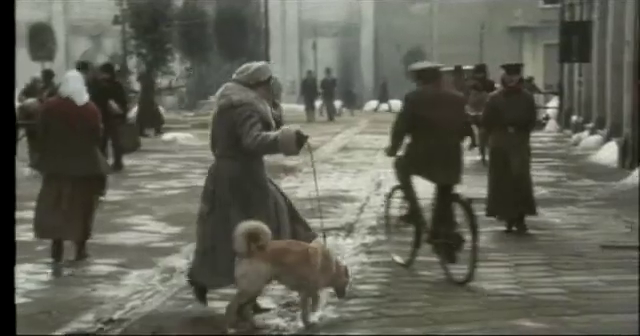
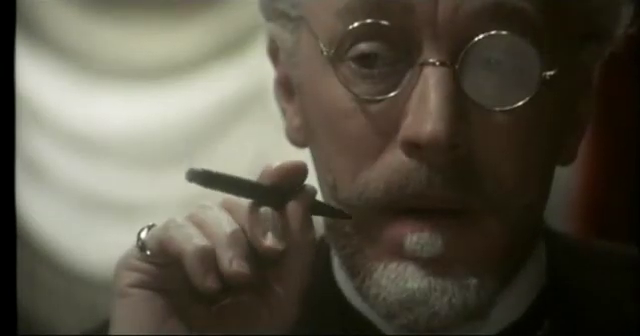
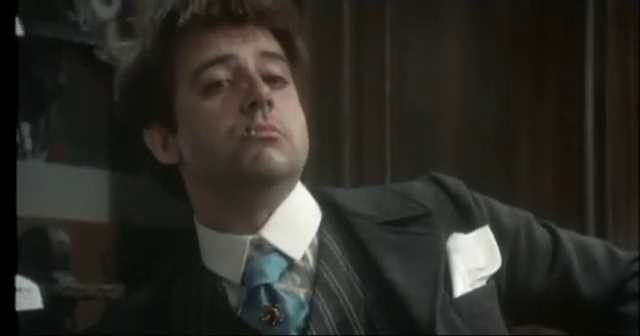
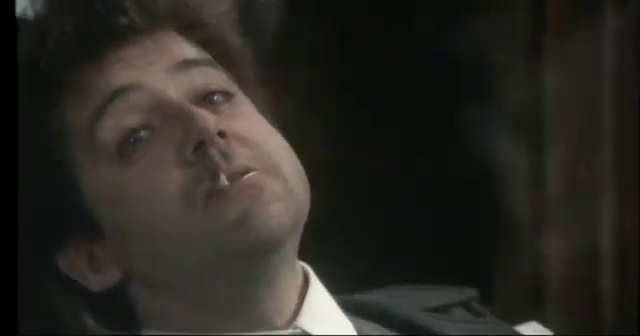
Heart of a Dog (1976)
Film review #594
Director: Alberto Lattuada
SYNOPSIS: A stray dog on the streets of Moscow is taken in by noted surgeon Professor Preobrazhensky, with the intent of using him in an experimental procedure to transform him into a human being. While the experiment is a success, Bobby, as the Professor has called him, quickly becomes an uncontrollable nuisance, leading to constant tension between him and the Professor…
THOUGHTS/ANALYSIS: Heart of a Dog is a 1976 Italian comedy film based on the 1925 novel of the same name by Mikhail Bulgakov. It is the first adaptation of the film, released while the novel was still banned in its native Soviet Union, and likewise before the release of the successful 1988 film adaptation made there. The story follows the novel fairly closely, with a stray dog being taken in by Professor Philip Philipovich Preobrazhensky, a surgeon who has been performing operations to transplant animal organs into humans to replace them. His next experiment involves the reverse: transplanting human body parts into a dog. The result is that the dog transforms into a human form, but unfortunately for the Professor, his subject’s views are vastly different than his own, setting up a classed-based conflict between the two. The story is fairly close to the novel, with only a few minor changes I noticed compared to the 1987 film, which is a very strict and accurate translation. The tone is perhaps a little lighter as it is geared to more of a comedic approach to the source material, but it still has a fair amount of grit to it in reflecting the state of the Soviet Union at the time. It’s never really laugh-out-loud funny, but you certainly get the point of the scenes and what they are satirising, without it biong too direct and literal.
The main issue with this film is actually nothing to do with the film itself: it captures the beats of the novel and its message fairly well. The problem is it just can’t compete with the version made in the Soviet Union ten years after this version: the whole point of the film relies so much on the time and place it was set, and an Italian/German co-production will never be able to compete. An issue with the film itself is that the latter half doesn’t really have too much of a direction, and is just scenes of Bobby and Philip arguing with one another about different things. The performances, including Max Von Sydow as the Professor are good, But again, in a choice between this version and the 1987 version, you’ll always choose the latter. This 1976 version does everything it needs to do, but without that context of being set in the Soviet Union and being made by those who understand and lived through the source material, this version will always come up short.
-
#593 – Heart of a Dog (1988)
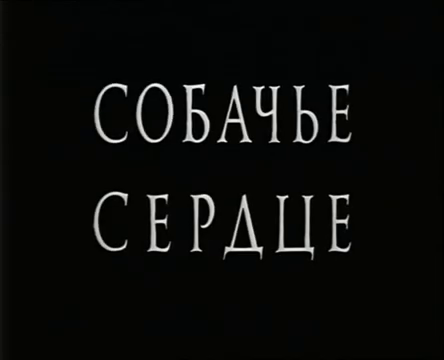
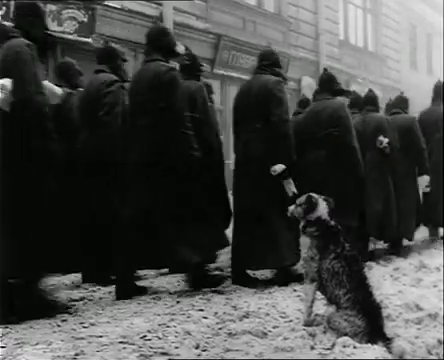
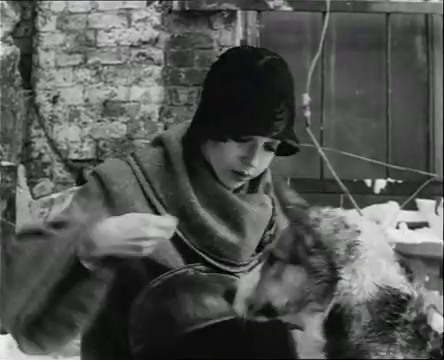
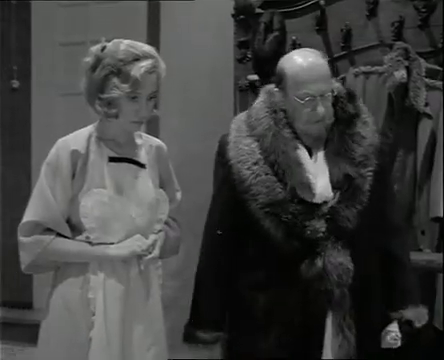
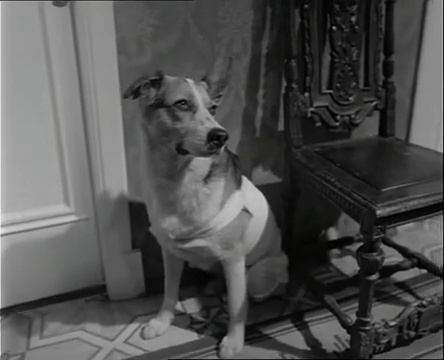
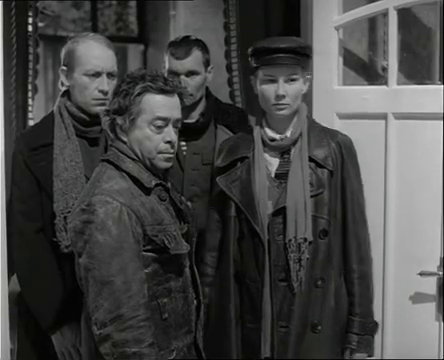
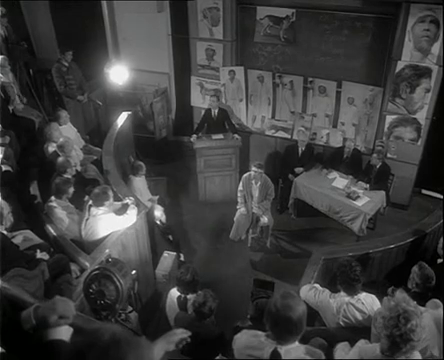
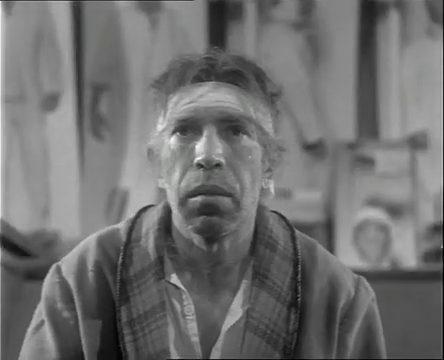
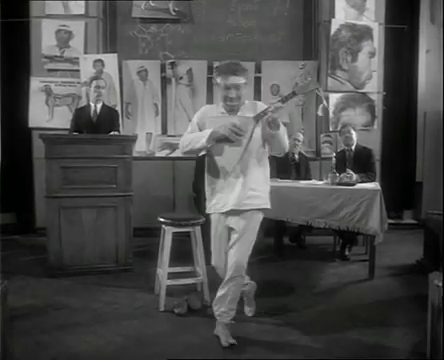
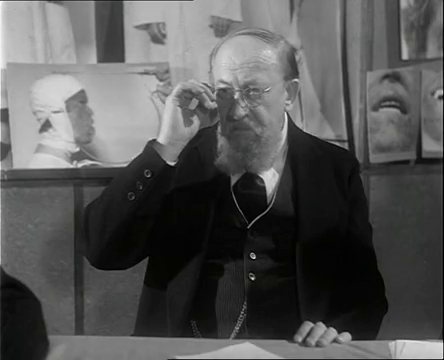
Heart of a Dog (1988)
Film review #593
Director: Vladimir Bortko
SYNOPSIS: A stray dog living on the streets of Moscow not long after the October Revolution is taken in by a surgeon. However, the surgeon intends to use the dog as part of an experimental procedure to turn him into a human being, transferring the pituitary gland and testicles of a recently deceased man into the canine. The experiment becomes a success and the dog becomes almost human, but he is not the person that the Professor intends him to be, and their differences start to quickly show…
THOUGHTS/ANALYSIS: Heart of a Dog is a 1988 film based on the 1925 book of the same name by Mikhail Bulgakov. The book was rejected for publication in the Soviet Union due to its allegorical critique of the communist revolution. The book was eventually released in 1987, and quickly became a phenomenon in the Soviet Union, which was now moving away from the communist practices through its reforms. This made-for-TV movie was released a year later to similar applause. In the beginning, we see a stray dog wandering the streets, hungry and alone, and his situation does not seem much better than the regular people on the streets, making the point that people’s lives did not really get much better for ordinary people after the October Revolution. The beginning of the film is bleak, make no mistake, but this again is by design, and you’ll need to stick with it if you want the tone to change. The dog, named Sharik, is found by a bourgeois Professor and surgeon named Philip Philippovich Preobrazhensky, and he takes him home. However, Philip has plans for the dog in an experimental new procedure in which he will transplant the pituitary gland and testicles of a recently dead man into the dog to observe its effects. What occurs is the dog starts to slowly morph into a human in a scientific breakthrough. The results of this, though, are that Sharik is far from the bourgeois Philip in terms of his behaviour and mannerisms, setting up humourous and allegorical conflict between the two. The science-fiction element of the film is not really the focus of the plot, but rather again serves as an allegorical device for the author’s criticisms of class and revolution.
One key thing to note about the film is that it is deeply entrenched in the time and place it was written: if you have no idea about the Soviet Union, the October Revolution, and the like, a vast chunk of this film is going to pass you by. Professor Philip, an ‘enlightened’ bourgeois is horrified as Sharik turns out to be a worker (which perhaps shouldn’t be surprising as he is/was a stray dog), but as this enlightened individual, never considers violence as an option, lest he become like the proletariat he dislikes so much. As mentioned, the original novel is more critical of the workers and their revolution, and pokes fun at them also, with their committees and constant need to break into songs about the revolution at every given opportunity. No one really escapes being poked fun of in the film, but again, it’s all very much rooted in the time and place it is set, so those outside of it aren’t going to get all of the small references and critiques.
This film is noted for its faithful adaptation of the original novel: it leaves nothing out, and only changes a few small details. The acting is solid, and the characters, while obviously exaggerated versions of the class archetypes they are meant to represent, don’t stray to far into being cartoonish, allowing the film to retain a sense of realism and relatability. Likewise, the comedy is drawn out through the character’s being constantly at odds at each other, and their own ideologies being their undoing, rather than a laugh-out-loud type of humour. In terms of production, the acting is solid, even the dog is played by an “acting dog” who had played in numerous films. Everything about the production is professional, and it’s difficult to find any significant flaws in the film as a whole. The enjoyment of Heart of a Dog certainly depends on how much you know about the context and setting of the film: there’s so many slight references and nuanced moments that entrench it so deeply in the early days of the Soviet Union, but the larger beats of the film do have enough for unfamiliar viewers to latch onto, and a high-quality production overall makes it an interesting and enjoyable film.
-
#592 – Press Play (2022)
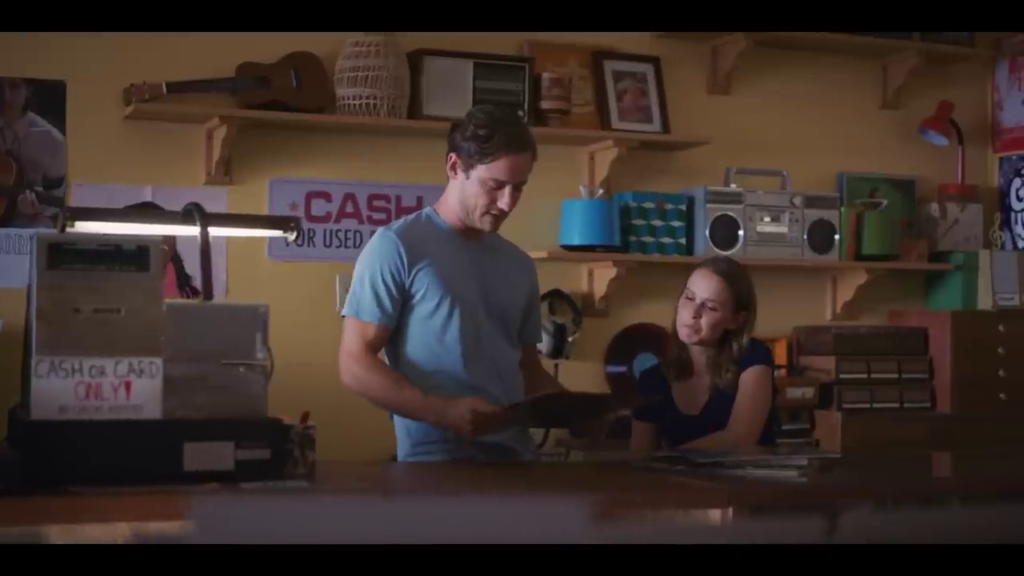
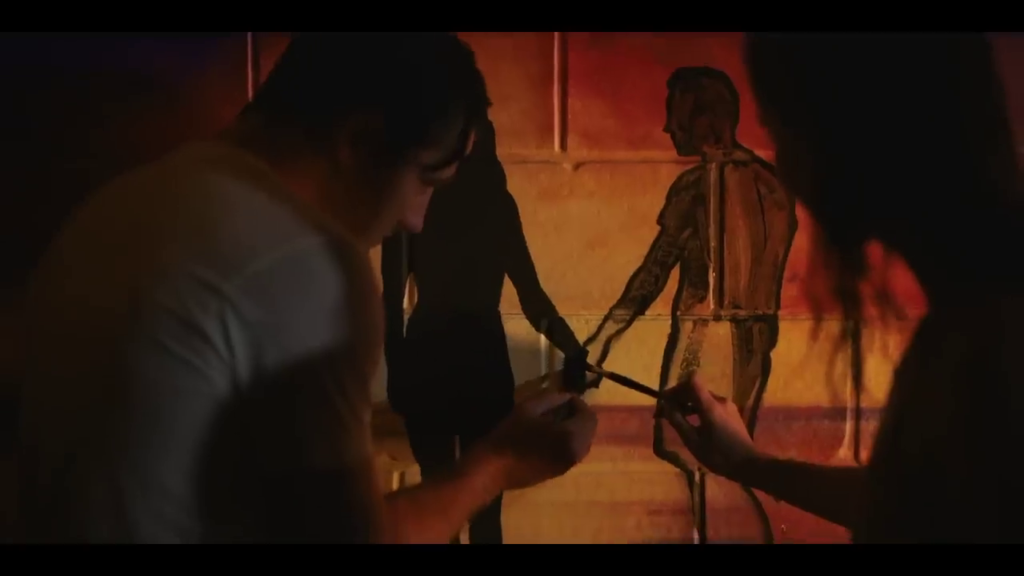


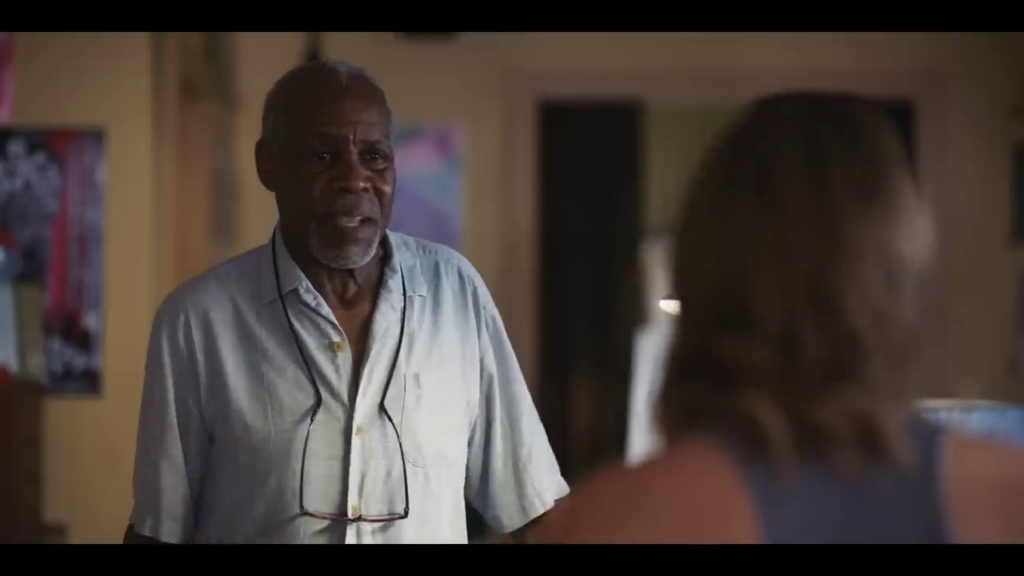

Press Play (2022)
Film review #592
Director: Greg Björkman
SYNOPSIS: After her partner dies in an accident, Laura learns that the mixtape they made together can transport her back in time, giving her a chance to save him. But things quickly become more complicated than they first seem…
THOUGHTS/ANALYSIS: Press Play is a 2022 sci-fi romance film. Laura is set up with her friend’s brother Harrison, from which a romance blossoms. Things come to a tragic end when Harrison dies in an accident, but Laura (some four years later) finds that the mixtape they made together can transport her back to specific points of time relevant to each song on the tape. She uses this chance to go back and try to save his life, but every time she intervenes it creates another problem. We see the from the start how the two meet and their relationship develop, but the main issue of the film quickly emerges from this: One, we are only shown the key events in their relationship one after another, squeezed into the first twenty minutes, which just feels like you’re moving from one moment in time to another without any real connection, and no time or space or a relationship or onscreen chemistry to develop organically. As such, there’s a lack of investment in the relationship and characters, and everything is a little fragmented. I get that it is partly this way because it has to reflect the mixtape of having songs that are part of important parts of their relationship, but without something to bring them together, it just flat out doesn’t work. The concept of the time travelling mixtape is interesting, but very much underutilised and underexplored. There’s a part where Laura decides to read up on the theory of time travel (as you do), but nothing really comes of it, and it doesn’t add anything to the plot. Keeping the mechanics of time travel relatively light might be so as to not alienate the viewers are there for the romance genre, as nothing is as offputting as being overwhelmed by technical jargon. As mentioned though, the romance element is severely underdeveloped as well. The acting isn’t the problem on the whole, and Clara Rugaard as Laura does a good job. Lewis Pullman as Harrison really doesn’t convince with the more emotional moments though, and always feels like he is just acting. Whether it is him, or the direction he is given, he just doesn’t portray quite the right emotion.
For a film that relies quite a lot on music, the soundtrack on the whole is fairly bland and forgettable. They never really discuss (apart from the first song) who the band playing are, or what the song really means; it just happens to be playing by coincidence at certain times. It is perhaps inescapable to compare to a film like Hi Fidelity, which also had the concept of music and relationships at its core, but that film allowed the viewer to build up a picture of the main character based on his music interests, using familiar songs. In Press Play, we have artists and songs you’ve probably never heard, and which sound all a bit too familiar. The lyrics of the songs almost always just verbalise what is happening in the film at that moment, leaving little room for interpretation, and it all just feels a bit on the nose. Also, I can’t help but notice a few elements borrowed from the Life is Strange video game, including the time travel, the indie soundtrack, and even the credits using a very similar font and animation. I’m not the only person that sees this apparently either. I don’t think Press Play is meant to be an emotionally heavy film, but it really does keep everything light in all regards: the onscreen chemistry between the actors is not there, the relationship lacks depth, there’s no real humour to break things up, and the science-fiction element isn’t grappled with to give the film a novel twist.
